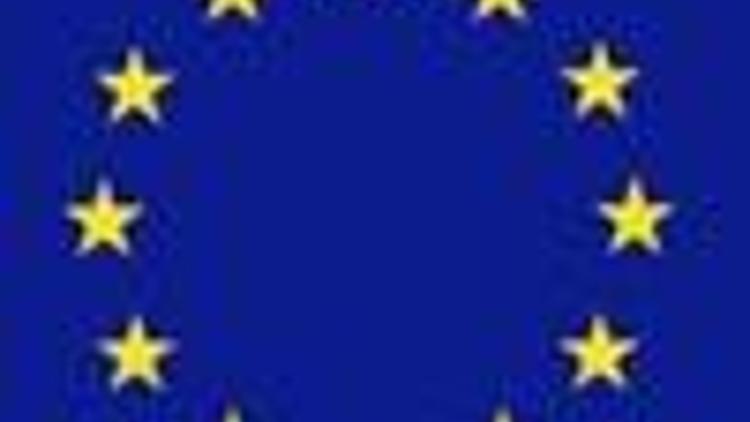Unresolved Lisbon no vote threatens EU enlargement at summit
Güncelleme Tarihi:

EU leaders disagreed Friday over whether the 27-strong bloc could continue to welcome in new members without the streamlining Lisbon treaty rejected by Irish voters last week.
At the end of a two-day crisis summit in Brussels, key players such as France and German clashed with Poland and others on whether the next scheduled round of enlargement could go ahead despite the lack of the reforming treaty. �
Nor was there clear agreement on the way forward in the wake of the Irish no vote on a treaty that requires the unanimous endorsement of the 27 member states. The summit ended agreeing to revisit the issue at their next get-together in October.
French President Nicolas Sarkozy, whose country assumes the European Unions rotating six-month presidency on July 1, warned: "Without the Lisbon Treaty, there is no enlargement.
"I would find it very strange that
German Chancellor Angela Merkel backed up Sarkozy. "I agree. The Nice Treaty effectively limits the union to 27 states," she said.
Luxembourg PM Jean-Claude Juncker said simply: "Without a new treaty there’s no enlargement. One of the reasons for the Lisbon Treaty was the capacity to enlarge."
But Polish Prime Minister Donald Tusk: 2The idea that the referendum in
British diplomatic sources indicated they backed the Polish position.
Croatian President Stipe Mesic stressed that his country’s accession had already been approved by the EU’s 27 member nations.
The
Despite hopes that the two-day summit might provide a way around the Irish rejection, the meeting only agreed to let
Irish Prime Minister Brian Cowen said: "I made it clear that however frustrating for them, it is still simply too early to know how we are going to move forward from this point."
Sarkozy, who is poised to take over the EU’s presidency next month, announced he would visit
The top-level meeting did not even agree a common line on whether remaining member states should continue ratifying the
Seven EU nations have yet to ratify the Lisbon Treaty, including the
"I am not going to force MPs to back
nother last-minute snag emerged in
A judge argued that the treaty, already voted on by parliament and given royal assent, should not be ratified until the High Court had delivered its verdict on a legal appeal that there should have been an Irish-style public referendum on the document.
"Ratification will not take place of course until we have had the judgment," Prime Minister Gordon Brown told reporters.I
n their final communique, EU heads of government merely noted that "more time was needed to analyze the situation."
The
However, even side issues at this
A French plan for proposed tax breaks on fuel in the light of rising oil prices found little support.
At

